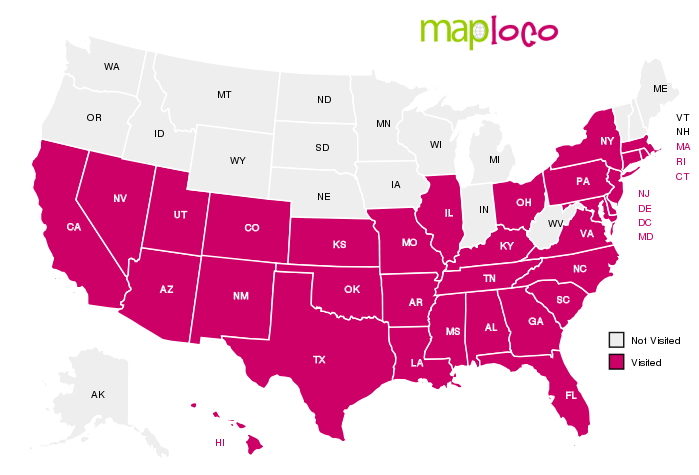1. Mostly used in email context, I've been hearing "somewhen" for the last fifteen years! And not just from the friends we were traveling with in France; I've heard it from German tourists my husband has just happened to make conversation with in the states. "Irgendwann" just happens to be a thing they say that when directly translated becomes "somewhen".
In the US, saying "somewhen" is not common; however it can be found in the dictionary.
My husband and I have tried to come up with alternatives for "somewhen" for our friends to use, but ultimately we find ourselves at a loss. The use for "somewhen" is so much more varied than even the English equivalent of "sometime" or "sometimes" … or "somewhere".
In the end I've found myself arguing for "somewhen" even when it is not traditionally acceptable. I consider it a cute quirk of my German friends, and it always makes me smile to hear them say "somewhen". Furthermore, I always know what they mean through the context of the sentence. In that way, the particularities of the English language matter far less. I'd rather hear the somewhat unusual "somewhen" than no words at all.
2. A new Germanism for me while visiting France: "Let's take a bath."
😳
My first thought upon hearing this:
a. There are no bathtubs in our Airbnb. Do they mean shower? … as in get cleaned up? … or bathe together? 😳
b. Are they talking about going to a spa? … a nude spa? (y'know because bath = water + naked and we were traveling through France where nude spas are actually a thing).
I have to admit I was a little shocked at the suggestion of a bath. I definitely had no intention of stripping down to my birthday suit with these people. A nude spa or skinny dipping at the beach? Or bathing at the Airbnb … together? Yeah, no. They were more than welcome to do it, but I'm as American and prudish as they come. No friend naked-time for me.
While "baden" does mean to "bathe", in German you can say you want to "baden gehen" which means to swim, so when our friends were saying they wanted to go take a "bath" what they really meant was that they wanted to swim … in the ocean … in a bathing suit.
phew!
I got lucky there! 😛
3. Something I never expected to discover while talking to Germans, aside from their intense recycling, hatred for the death penalty, and love of beer/sausage, is that "smoking" doesn't necessarily involve cigarettes in the EU. Originally taken from the English "smoking jacket" which is a nice jacket one smokes in (I'm guessing from an earlier time when smoking was in vogue? early 1900s perhaps?), the term "smoking", as my German friends refer to it, is used to describe a fancy place where a dinner jacket, suit and tie, and/or dress with heels is worn. Definitely very different from the Marlboro I pictured in my head.
4. I'm not really sure why this came up, but at some point during our time in France, the female of our two German friends indicated that she needed to wash her "hairs". Having been warned of this in German class many years prior (die Haare vs. das Haar), I knew that Germans referred to hair in the plural form; however, this did not keep my mind from conjuring up images of Medusa with her head full of snake hair. 😳
5. In America, we say something is funny if it makes us laugh and fun if it makes us happy. Germans, however, can use one word to describe both: lustig. So, in directly translating, a German may say something is "funny" when they mean "fun" or "fun" when something is "funny". Are you confused yet? Just listen to the context of their sentence and you'll, hopefully, figure it out! 😀
6. And finally, the most confusing of all, is when Germans "invite" you to do something. What they really mean is that not only are you welcome to come along, but that they will also pay for you as well! And, crazily enough, it's a BIG deal.
We were in line to go to the top of a building in France, when my husband whispers to me that he is going to pay for our German friends. So then our turn at the register comes and my husband says "4 tickets please". The German friends look at me and say "did he invite us?" 😳 Umm … yes. Yes he did. 😜 #ICanKeepASecret #UntilTheyReadMyBlog
In case you are German and reading my blog (or any other European nationality), "to invite" in English simply means you are invited to come along. We never said anything about picking up your tab. If we are offering to pay for you, we will say it … or surprise you. It's at our discretion. 😉 In my opinion, that sometimes make the "gifting experience" all the more fun. 😀
All of the interesting quirks and mis-translations of the English language make traveling with non-Americans all the more fun. It's a great opportunity to learn something new about your native tongue as well as gaining insight into other cultures.
If you are interested in this topic, and specifically interested in other words that Germans get wrong in the English language, check out Don't Trust the Rabbit, which helped to inspire this post. While I don't agree with all of the mistranslations she presents (an American would definitely understand and perhaps use "backside" when describing a mall or sheet of paper), it is intriguing to hear what Germans think they are getting wrong.
Have you ever heard any mistranslations in English or any other language that have made you laugh, made you cringe, or left you confused? What words do you always get wrong when speaking a foreign language?






